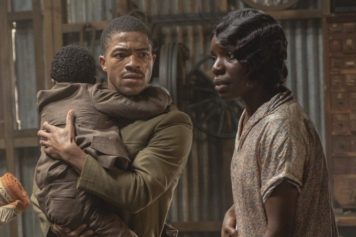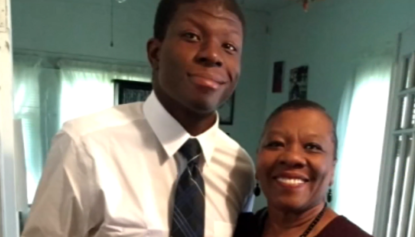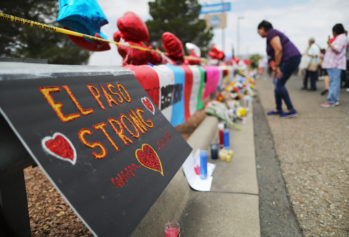The most recent deadly mass shooting in America — in which a gunman opened fire on a gay nightclub in Orlando, Florida — is being characterized as the deadliest mass shooting in U.S. history, and the worst terrorist attack on U.S. soil.
At 2 a.m. on Sunday morning, Omar Mateen, 29, walked into the Pulse nightclub, heavily armed with an AR semiautomatic assault rifle, Glock 17 handgun and multiple rounds of ammunition, as ABC News reported. Mateen — reportedly a U.S. citizen born in New York to Afghani parents, and living in Fort Pierce, Florida — killed at least 49 people and injured 53 before he was killed by the SWAT team. He reportedly bought the weapons days earlier.
According to officials, Mateen had two gun licenses, including a security officer license and a statewide firearms license. He had worked for the security firm G4S since 2007, and had a history of domestic violence and mental instability, and was divorced in 2011.
One witness gave an account to ABC News of the gunman’s actions inside the nightclub.
“He said, ‘Didn’t I say don’t text? Give me all your phones. Who’s in here? Are you guys Black?’ The couple said yeah. He said, ‘I don’t have an issue with the Blacks.’ And then he got on the phone. I don’t know if it was the news or the police department, telling them America needs to stop bombing ISIS.”
Witness: Orlando shooter asked club goers their race, said U.S. needs to “stop bombing ISIS” https://t.co/5QMQJeGrxr https://t.co/vckUgLqWaD
— ABC News (@ABC) June 13, 2016
It is not apparent why Mateen allegedly said he had no issue with Black people. However, what is known is that this incident — which is being compared to the Orlando LGBT community’s version of the Charleston massacre, according to the PBS NewsHour — is both shocking and commonplace in a nation weaned on violence. Domestic terrorism is not new to America, and certainly with regard to violence against Black people — even as these acts often are not regarded as acts of terrorism or hate crimes.
For example, in 1864, under Major General Nathan Bedford Forrest, who would later found the Ku Klux Klan, Confederate soldiers perpetrated the Fort Pillow Massacre, in which 300 Black Union soldiers were slaughtered after surrendering.
The nation has a history of racial cleansing under the Jim Crow era, such as the Slocum Massacre of 1910, and the mass slaughter of “Black Wall Street” in Tulsa, Oklahoma in 1921, and of the Black community of Rosewood, Florida in 1923. During the Civil Rights era, there were acts of Klan terrorism such as the bombing of the 16th Street Baptist Church in Birmingham, Alabama in 1963, which left four little Black girls dead and others injured. More recently, there was the MOVE bombing in Philadelphia, an act of state-sponsored terrorism in which the Philadelphia police dropped a bomb on the roof of a row house in a Black section of West Philadelphia on Mother’s Day in 1985. Eleven people, including five children, were burned or shot to death by police, all members of the Black radical group MOVE. Further, 61 homes were burned to the ground. Police had the express intent to let the fire burn.
Even in the age of Obama, or perhaps because of it, domestic terrorism targeted against Black people has not abated. Acts of violence to intimidate and display white power against African-Americans continues, despite the presence of a Black man as the “most powerful person” in the country. While the Orlando massacre and other similar attacks were immediately labeled as acts of terrorism and hate crimes, this was not the case with last year’s Charleston massacre. One year ago this week, on June 17, 2015, Dylann Roof, a white supremacist and Confederate sympathizer, entered Emanuel AME Church during a Bible study and shot nine people to death. Officials were reluctant to characterize the massacre as a hate crime or as an act of terrorism. Eventually, however, Roof was indicted on 33 federal counts — including hate crimes charges under U.S. Attorney General Loretta Lynch — in addition to nine murder counts in state court. He faces the death penalty.
“We think that this is exactly the type of case that the federal hate crimes statutes were, in fact, conceived of to cover,” Lynch said according to NBC News, adding that Roof’s act of “racially motivated violence” was a prime example of “the original type of domestic terrorism.”


